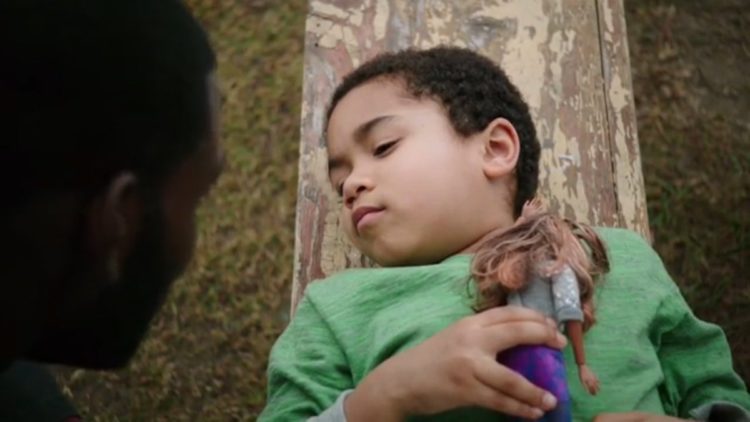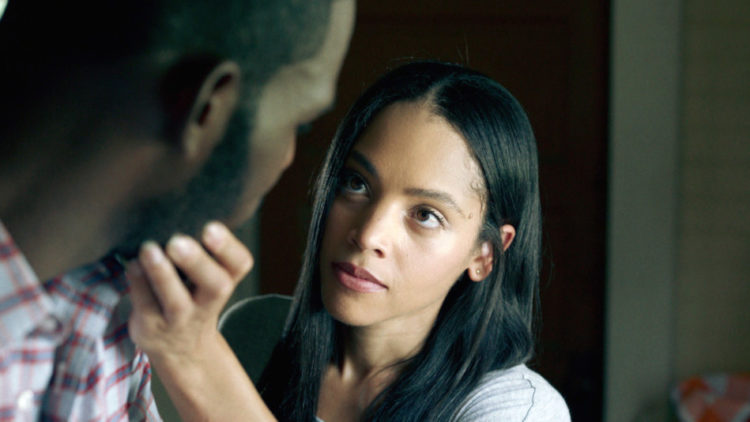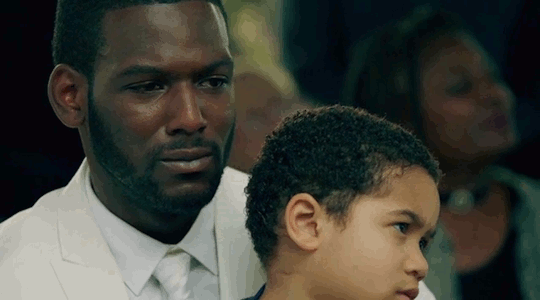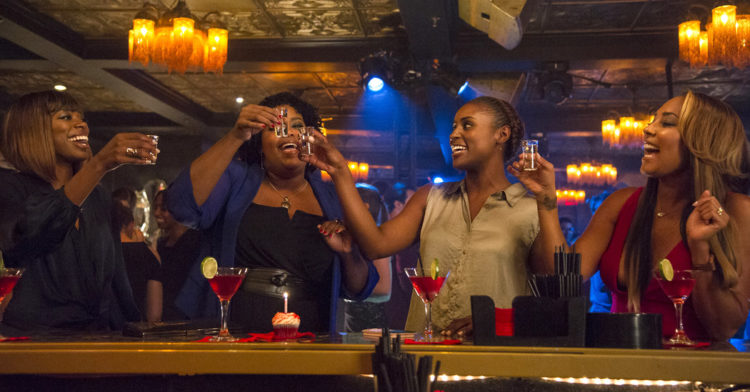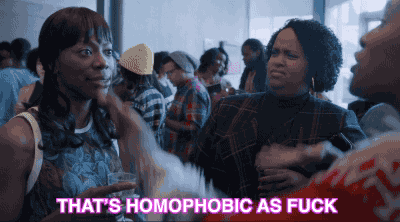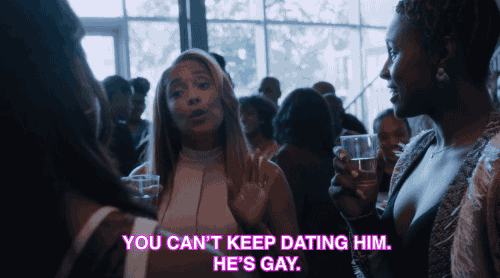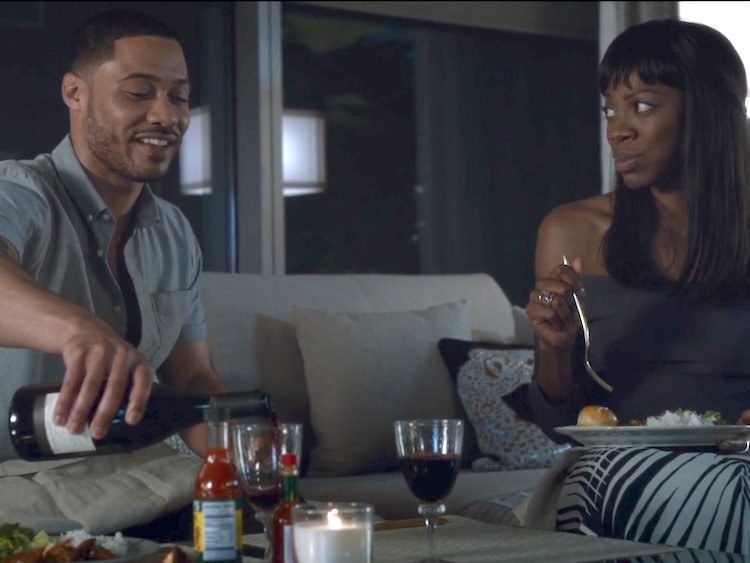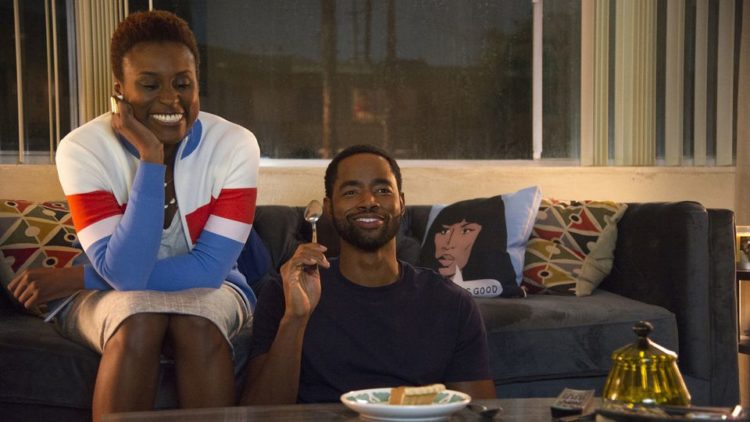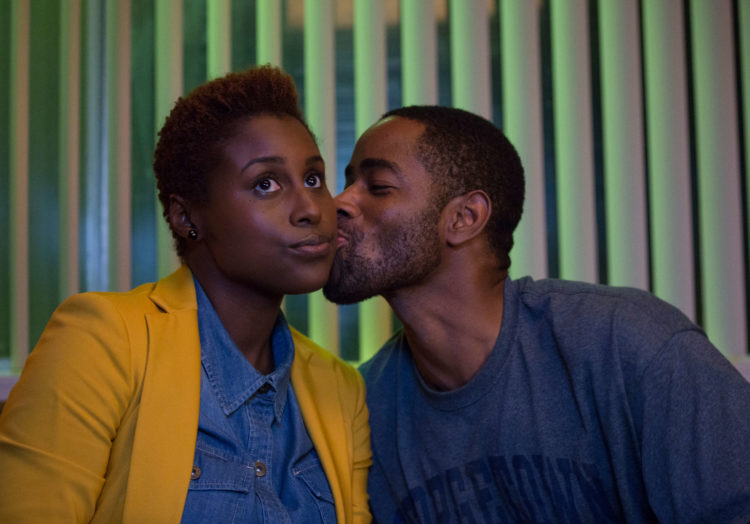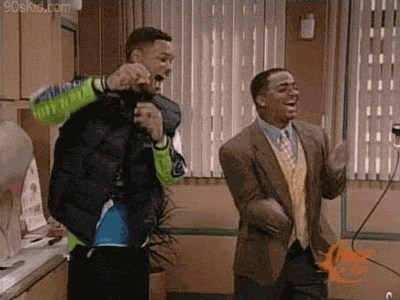In Queen Sugar, Ralph Angel, the lead male character, and his son Blue play together with a Barbie doll. It’s not a big deal. It’s not even a part of the show’s plot.
Yet it feels ground-breaking. There are few, if any, examples of how a father – who is the epitome of manliness – can raise a son in a way which opposes gender norms. Blue’s innocence isn’t disrupted. Ralph Angel doesn’t get angry. This portrayal of parenting is very distant from what we usually see on the screen: the unnecessary and sometimes damaging lengths fathers go to for the sake of teaching their sons to be ‘Men’.
But what are ‘men’ anyway? More so, what are ‘black men’?
2016 more than any other year saw the gradual recognition of blackness in all its different shades. On social media at least anyway. We all proclaimed that we would be ‘unapologetically black’ and used the hashtag #carefreeblackboy.
It felt like the antiquated and narrow ideas surrounding the black male were being dismantled.
It felt like the antiquated and narrow ideas surrounding the black male were being challenged. The black male was no longer only symbolic of violence, aggression, emotional detachment and hyper-sexualisation.
Stereotypes started to be dismantled – those which stem from white supremacy but that sadly continue to be upheld and perpetuated by black men and women. That’s why the likes of Jaden Smith, Frank Ocean, Odell Beckham Jr. and the paradoxical Young Thug were bound to stir controversy for representing themselves in a non-conformist manner.
https://www.instagram.com/p/BBFuppgy9bw/?taken-by=c.syresmith&hl=en
Issa Rae’s hilarious Insecure and Ava Duvernay’s stirring Queen Sugar are two outstanding shows which debuted last year that have also been changing the way black men are represented. Insecure follows female protagonists, Issa and Molly, in LA as they work to appear like they have everything in order. But the reality is that they mostly navigate a series of awkward experiences in both their professional and private lives.
Queen Sugar chronicles the lives of estranged siblings Nova, Charley and Ralph Angel as the death of their father forces them to come together in order to run and maintain the struggling sugarcane farm he left them.
Of course, there’s Atlanta, Black-ish and Empire which have all been progressive and radical in their own right. But Queen Sugar and Insecure have a more sensitive take on the constraints that are placed on black male masculinities – by men… and often by women.
As the youngest sibling and only son, Ralph Angel has always to prove himself to his sisters. After their father’s death, he does not automatically assume the ‘man of the house’ role just because he’s the son. He’s a complex character to say the least – tough yet vulnerable.
I’ve had enough of the tale of the absent black father or the father who is physically present but emotionally hollow.
His life has been hard but now he is trying to cultivate a better life post-imprisonment for him and his son Blue. He battles constantly with leaving the old Ralph Angel behind so he can let the new one flourish and mature. Despite a few missteps, Ralph Angel is learning new ways to control his anger and deal with his sense of inadequacy.
Blue’s mother Darla, after months of no communication, returns asking if she can spend time with their son. Ralph is already dealing with his father’s impending death and now his negligent ex is back. He storms up to her with a viciousness and clasped fist ready to lay hands on her. But he stops in his tracks.
The portrayal of an unreliable black mother is bound to ruffle feathers.
He calms himself and decides to drive away. This is important… and a rarity in how black males are portrayed especially in testing situations. This moment shows there are always substitute methods to dealing with strong emotions. Methods absent from the venomous realm of hyper-masculinity.
The relationship between Ralph Angel and Darla subverts common and overwrought portrayals of black parenthood. I’ve had enough of the tale of the absent black father or the father who is physically present but emotionally hollow. Not to say that these aren’t realistic but it is dangerous to reinforce these stereotypes. Ava Duvernay shows a father who may be flawed and imperfect, but he is unquestionably a dedicated and loving father. She doesn’t play it safe either; the portrayal of an unreliable black mother is bound to ruffle feathers.
Author and activist, Kevin Powell once said: ‘As black men we don’t realise how deeply awash we are in patriarchy, sexism, misogyny, and homophobia.’ True, maybe, but Insecure shows how this can also apply to black women.
In a bold and unexpected plot twist, it is revealed that Jared, the man Molly is dating, at one time in his youth had a same-sex experience. Quickly, it becomes clear that Molly is uncomfortable by this admission. Even though he tries to reassure her by confirming it was ‘one guy, one time’ and that the tryst confirmed men weren’t for him. Nevertheless, Molly still cannot move past it and proceeds to ask her friends for advice.
Even the most educated and ‘liberal’ of black women too can become participants in propagating dangerous patriarchal thinking.
Issa and Kelli unleash a staunch and impassioned defence in favour of the black man’s right to sexual fluidity and experimentation. They call out Molly for her dated double standards when she herself once had a sexual encounter with a woman.
Tiffany doesn’t agree: ‘You can’t keep dating him. He’s gay.’ She justifies Molly’s hypocrisy: ‘it’s different for women’. In the end Molly decides to side with Tiffany and break up with Jared because as she pompously says ‘I want my man to be a man’.
We as black people are generally conservative people and tend to shy away from issues like religion, mental health, sex and sexuality. I know this first hand – I am the child of first-generation Nigerian parents.
I’m no stranger to having jarring and frustrating conversations with people who are so close-minded, ill-informed and, to be blunt, sometimes just ignorant. The scene with Molly and her friends show how even the most educated and ‘liberal’ of black women too can become participants in propagating dangerous patriarchal thinking.
We seldom see black men talk so candidly about their non-normative sexual experiences and desires.
There’s nothing wrong with Molly not being able to look past it – that’s her prerogative. To immediately dismiss Jared as ‘gay’ and less of a man is the real concern. We seldom see black men talk so candidly about their non-normative sexual experiences and desires.
Men like Jared aren’t an anomaly. They do exist but choose to keep tight-lipped, for fear that they will be exiled by their own community. Or they will be permanently branded with a label which may not correlate with how they self-identify.
Jared’s frankness and bravery to be so open should lead one to believe that he probably isn’t ‘gay’ but merely just acted on a curiosity.
But yet it still seems only women and white men are given the space to contest heteronormativity. Wesley Morris spoke about this in a piece for the New York Times: ‘There is no paradigmatic white penis. To each man his own. But there is a paradigmatic black one’. We have been conditioned to see black male sexuality as a singular and uniform entity. One race, one penis.
There is more to intimacy that sex and romance.
The character of Issa’s boyfriend, Lawrence interrogates themes such as the necessity for intimacy within male friendships. Lawrence doesn’t want to just banter with his friends about trivial topics. As the residential ‘R&B-singing-all-your-feelings-type-of-nigga’ as he’s called by his friends, he wants to vent without feeling emasculated.
There is more to intimacy that sex and romance. I personally was pleased to see this theme gently explored as I’ve gotten bored about the juvenile exchanges I sometimes have with my friends. And I know that I too need to work on having the courage to be more transparent and open with my closest friends.
As a man who thinks about what his partner wants in order to be desired by her, Lawrence is represented almost as the antithesis of the hyper-masculine black man. He is trying to be the best man he can for his girlfriend Issa.
He wants his own woman, not all the women.
His reaction when he gets a lap dance from a stripper shows that Lawrence is neither a womaniser nor is he impressed by infantile pleasures; he’s kind and sensitive. He wants his own woman, not all the women (you’ll be surprised at how many men in my life would be stumped at such a prospect).
What would you want to talk about? https://t.co/BTUqW2Gb9L
— Trend Centrl (@thetrendcentrl) January 29, 2017
As a black boy growing up in London, I always felt and sometimes still feel like I do not identify with the pervasive representation of black British men (the rise of BkChat has made this even clearer).
It’s now that I’m older that I realise it would’ve been nice to have characters on television that I could connect with.
Looking back on the shows I grew up watching such as One on One, My Wife and Kids, The Parkers and Eve, there weren’t many characters I could relate to aside from, maybe, Carlton from The Fresh Prince of Bel-Air (and that’s a STRONG maybe!).
But I wasn’t looking for characters to identify with back then – I was just enjoying the shows. It’s now that I’m older that I realise it would’ve been nice to have characters on television that I could connect with.
Their mere presence on screen enriches how black men are seen and see themselves.
Which is why I’m glad that modern television has characters that the everyday black man can relate to. Ralph Angel, Blue, Jared and Lawrence aren’t wealthy or famous like Jaden, Odell or Frank. They are ordinary black males living ordinary lives. Their mere presence on screen enriches how black men are seen and see themselves.
https://www.instagram.com/p/BP6WikzDhIL/?taken-by=youngthug&hl=en
This is indicative of the new flood of black creatives in charge of their own content. No longer are depictions of blacks as one-dimensional as they were in the past. An authenticity is being made available to viewers as they can see characters and circumstances they can identify with.
It’s now up to us to ensure that being a #carefreeblackboy doesn’t just stay a 2016 trend.

